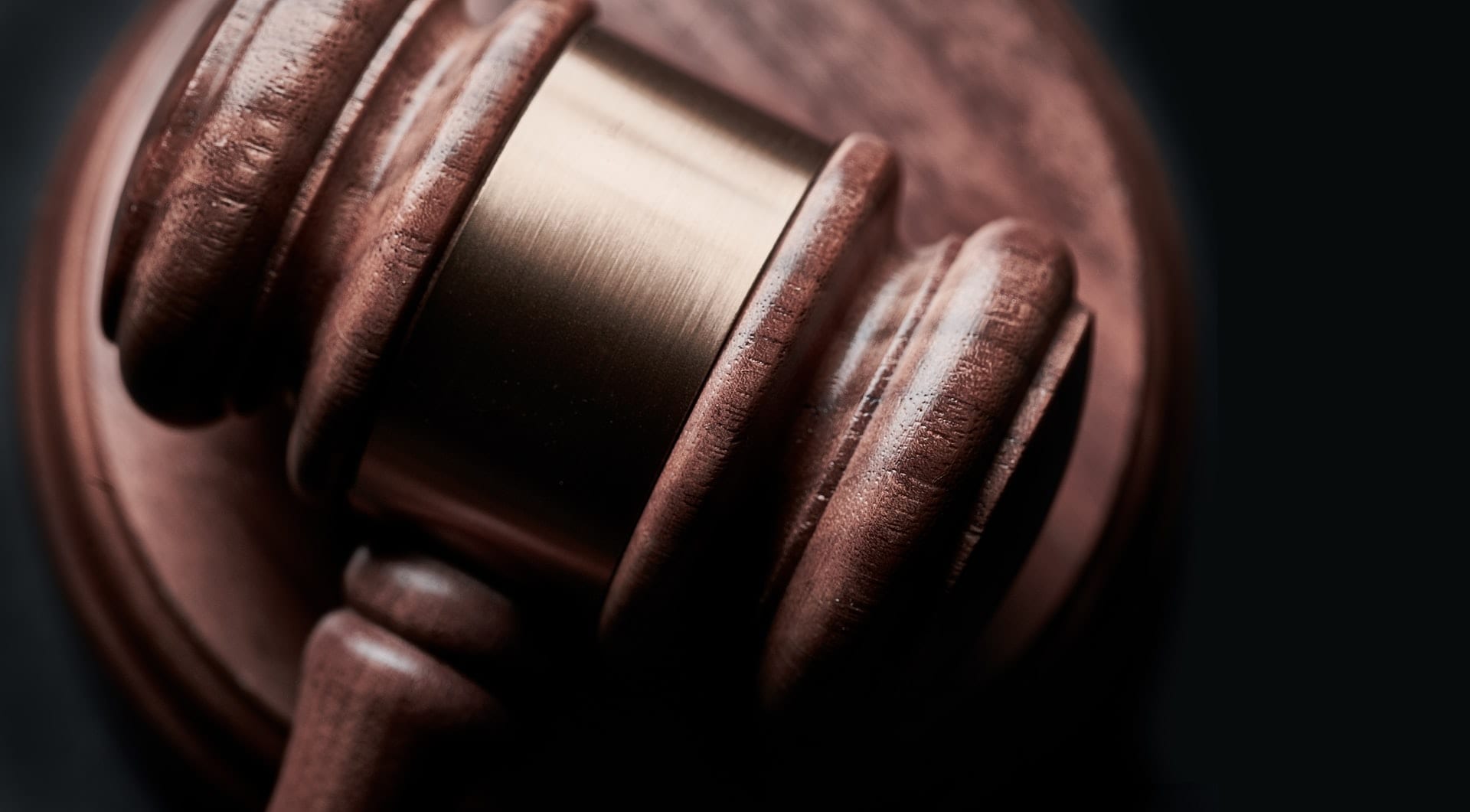A court can find you guilty or not guilty of a crime. But getting exonerated of a criminal charge is different. This means that the court has overturned your conviction and dismissed all of the charges against you based on new evidence. It means the court recognizes your innocence.
Is exoneration the same as an acquittal?
An exoneration and an acquittal have similar outcomes. But they are different concepts. An acquittal occurs when the court finds you “not guilty.” This doesn’t necessarily mean that you are innocent. It means you were charged with a crime but the jury or judge does not believe you are guilty beyond a reasonable doubt. In that case, they will find you “not guilty.” And you will be acquitted.
You get exonerated after a court has already found you guilty. When the court exonerates you, it dismisses all of the related charges against you. Unlike being found “not guilty,” it means the court has found you innocent.
How can you get exonerated?
There are several reasons that a court might exonerate you.
- New evidence that proves your innocence. Sometimes new evidence can prove that you did not commit the crime that the court convicted you of. One common example is DNA evidence.
- Another person confesses to a crime. If a person confesses to the crime that you were convicted of, the court may exonerate you.

What can happen in the exoneration process?
There are a few things that can happen when you get exonerated of a criminal charge.
- Pardon. Pardons aren’t just for guilty people. Governors or presidents can offer pardons to people who were wrongfully convicted. You can apply for a pardon. If your conviction is in the federal system you need to apply through the DOJ. Each state has different offices you must apply to.
- Dismissal. The court may decide to dismiss all of the charges against you when you get exonerated. This affects the results of the original trial.
- Acquittal. If the court does not dismiss the charges against you, they can start a new trial where they find you “not guilty” based on new evidence. During this trial, they will acquit you of the original charges.
- Release. If a court exonerates you of all charges that sent you to prison, you will get released.
Can you file a lawsuit against the government if you are exonerated after being in prison?
In many cases, you can file a lawsuit against the government if you are exonerated. But it can be complicated. In some states, you cannot file a lawsuit if you plead guilty to a crime. But in others, you can. An attorney can help you understand your options.
If a state court wrongfully convicted you, you will file a Section 1983 suit. This suit says that a state agency violated your civil rights. If it happened in federal court, you would file a Bivens claim. This is the same as a Section 1983 suit, but for a federal agency.
Also, 35 states and D.C. have “exoneration statutes.” These are rules that decide how much the government must pay people who get exonerated. In these states, you can receive money compensation without suing if you get exonerated.
The Takeaway:
When you are exonerated of criminal charges, it means that a court has reversed your conviction. It is similar to an acquittal. But it happens after you have already been convicted. You can be exonerated on the basis of new evidence that proves your innocence. Official misconduct can also result in exoneration. In many cases, you can file a lawsuit against the government if you get exonerated. But some states compensate you without a lawsuit.






